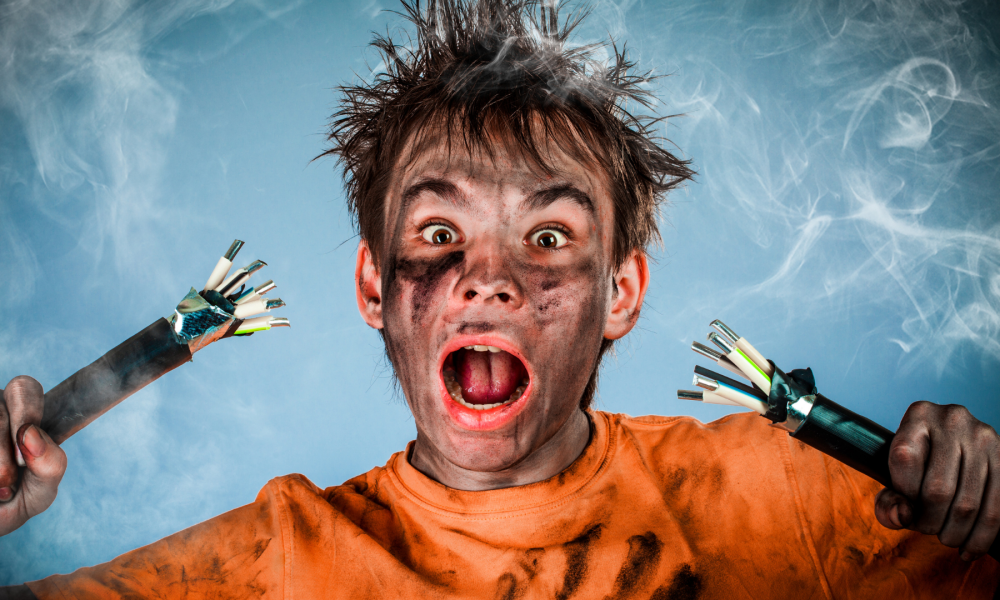Spring has finally sprung! With Spring comes “Spring Cleaning” and with that comes the inevitable list of repair projects. With the cost of everything going up, you may be tempted to play your hand as a “Jack of All Trades” but when it comes to electricity, some of these repairs should really be left to a licensed professional. Electrical safety is paramount.
Electrical fires account for thousands of dollars in damages each year, and if you’ve been unfortunate enough to cause your own misfortunes, your claim *might* not be covered (depending on a variety of factors of course). If you’re going to attempt repairs on your own, even if they seem simple, it’s best to research the job as if it’s your first time. Check with local codes; it’s not just about safety, would you really want to have to rip out all of your work and pay to redo it professionally when you’re trying to sell your home a few years down the road?
First and foremost, if you’re planning to do any electrical work REMEMBER TO SHUT OFF THE POWER, at least to the room. Use ground fault circuit interrupters (GFCI) to protect yourself against shocks from defective appliances in the kitchen and bathroom and please don’t replace a burnt out GFCI with a standard outlet. When you have one installed, test it regularly. Tools only keep you safe if they work. Finally, if you feel like you might be in over your head, please call a licensed electrician. It might be more expensive, but so is your deductible if you don’t do the job properly and it results in an electrical fire.
Electrical safety isn’t just limited to repairs. There are many other electrical exposures in your home that should be checked regularly for safety:
- Check the test and reset functions on your power strips, and check for any over-bent cords or faulty outlets.
- Check extension cords to ensure that wires are not cracking and plugs are not melted or damaged.
- Use your other senses besides just sight – if you smell burning plastic, and/or feel a warm spot on the wall next to an outlet or switch, please close the power to the room and call for help immediately. A fire could be just moments away but may yet still be preventable.
Electrical codes for buildings and licensing requirements for professionals are all designed to keep us safe and reduce risk, but it’s also important to remember that electrical safety starts with you.
This post was inspired in part by Utica National’s information on Electrical Safety Awareness.



